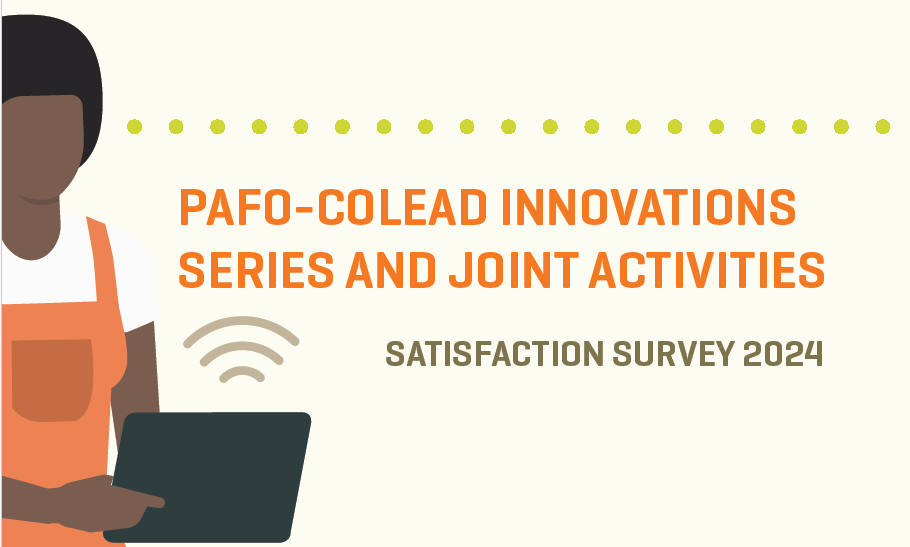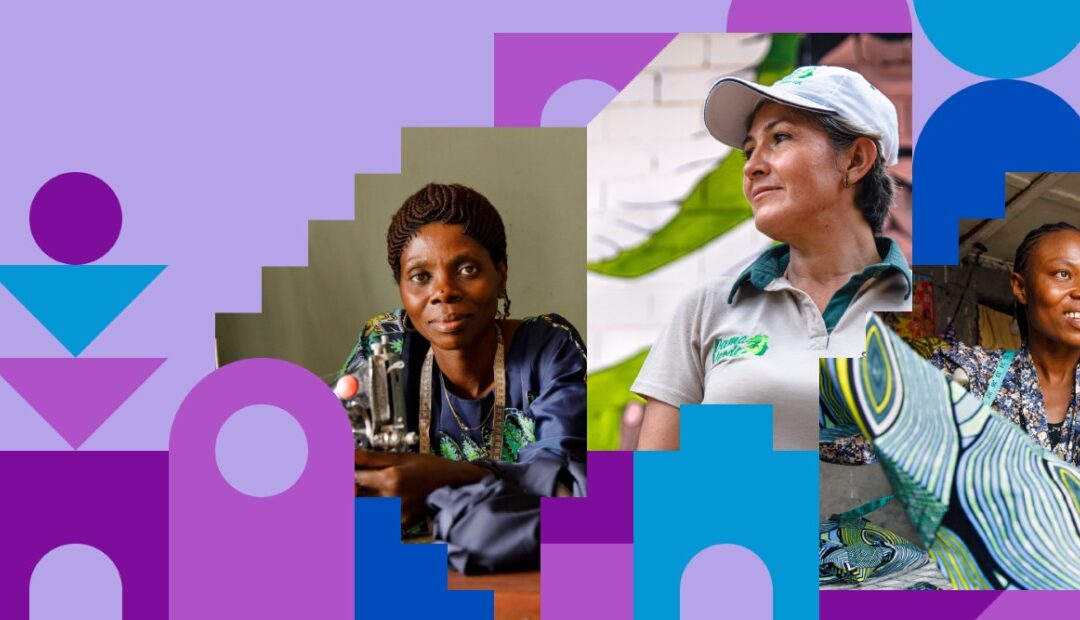On 16 December 2024, the Council formally adopted a regulation on packaging and packaging waste.
The new rules will significantly reduce the generation of packaging waste by setting binding re-use targets, restricting certain types of single-use packaging and requiring economic operators to minimise the packaging used. The regulation covers the full life cycle of packaging.
Safe, sustainable and recyclable packaging
The new rules comprise, among others, the following requirements for packaging:
- 2030 and 2040 targets for a minimum percentage of recycled content (up to 65% for single use plastic bottles by 2040) ;
- minimising the weight and volume of packaging and avoiding unnecessary packaging ;
- minimising substances of concern, including restricting placing on the market food contact packaging containing per- and polyfluorinated alkyl substances (PFAS) if they exceed certain thresholds.
Labelling, marking and information requirements (e.g. on material composition or recycled content) should facilitate consumer sorting and consumer choices.
Single-use plastic packaging
The new rules introduce restrictions on single-use plastic packaging for:
- pre-packed fruit and vegetables of less than 1.5 kg ;
- food and beverages filled and consumed within hotels, bars and restaurants ;
- individual portions of condiments, sauces, milk creamer and sugar in hotels, bars and restaurants ;
- small, single-use cosmetic and toiletry products used in the accommodation sector (e.g. shampoo or body lotion bottles) ;
- very lightweight plastic bags (e.g. those offered at markets for bulk groceries).
Re-use targets and re-fill obligations
The regulation sets new binding re-use targets for 2030 and indicative targets for 2040. The targets vary depending on the type of packaging used by operators (for instance, binding targets of 40% for transport and sales packaging and 10% for grouped packaging).
According to the new rules, take-away businesses will have to offer customers the possibility of bringing their own containers to be filled with cold or hot beverages or ready-prepared food, at no additional charge.
Next steps
The formal adoption by the Council today marks the final step in the ordinary legislative procedure. The regulation will now be published in the EU’s Official Journal and will enter into force. The regulation will be applied 18 months after the date of entry into force.
More information : https://www.consilium.europa.eu/en/press/press-releases/2024/12/16/sustainable-packaging-council-signs-off-on-new-rules-for-less-waste-and-more-re-use-in-the-eu/
Check the Innovations Session n°18, which focused on innovations in packaging and opportunities for African entrepreneurs and SMEs.
Check the Forum discussion on Packaging.






